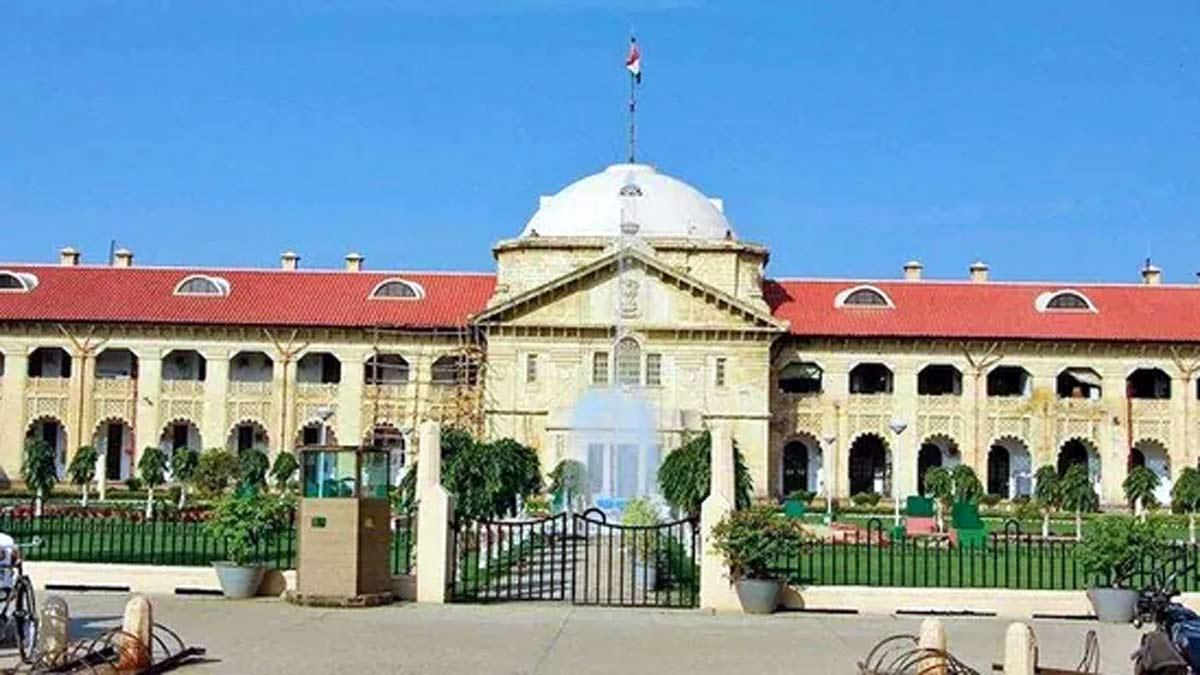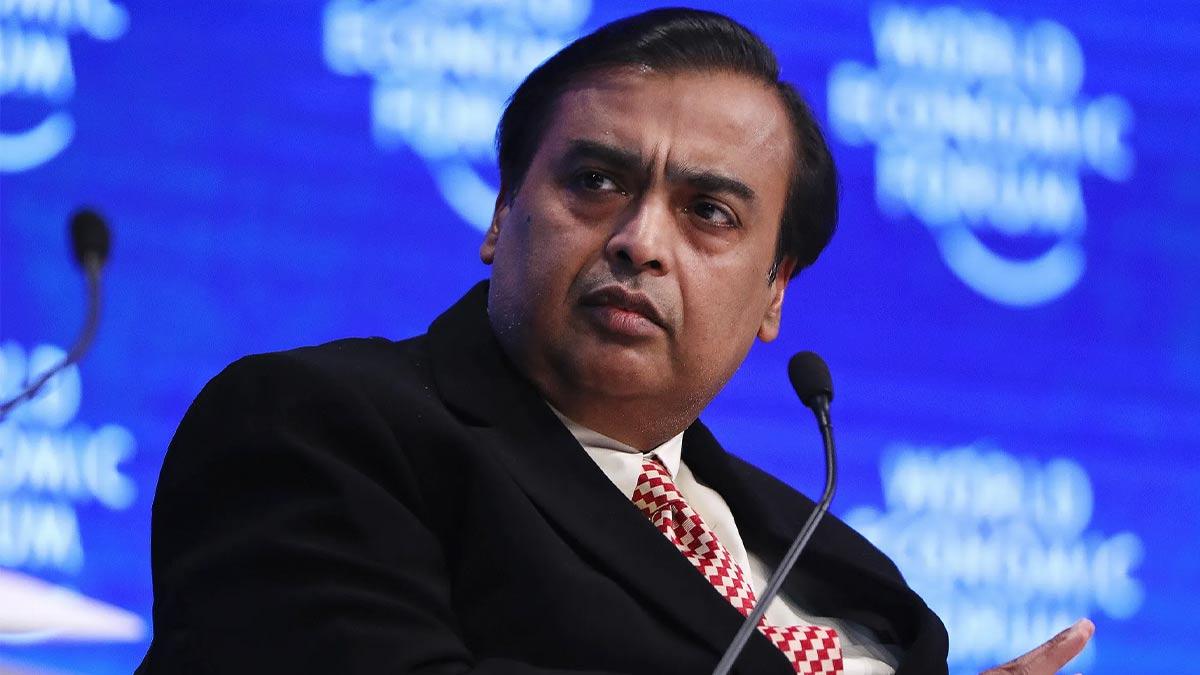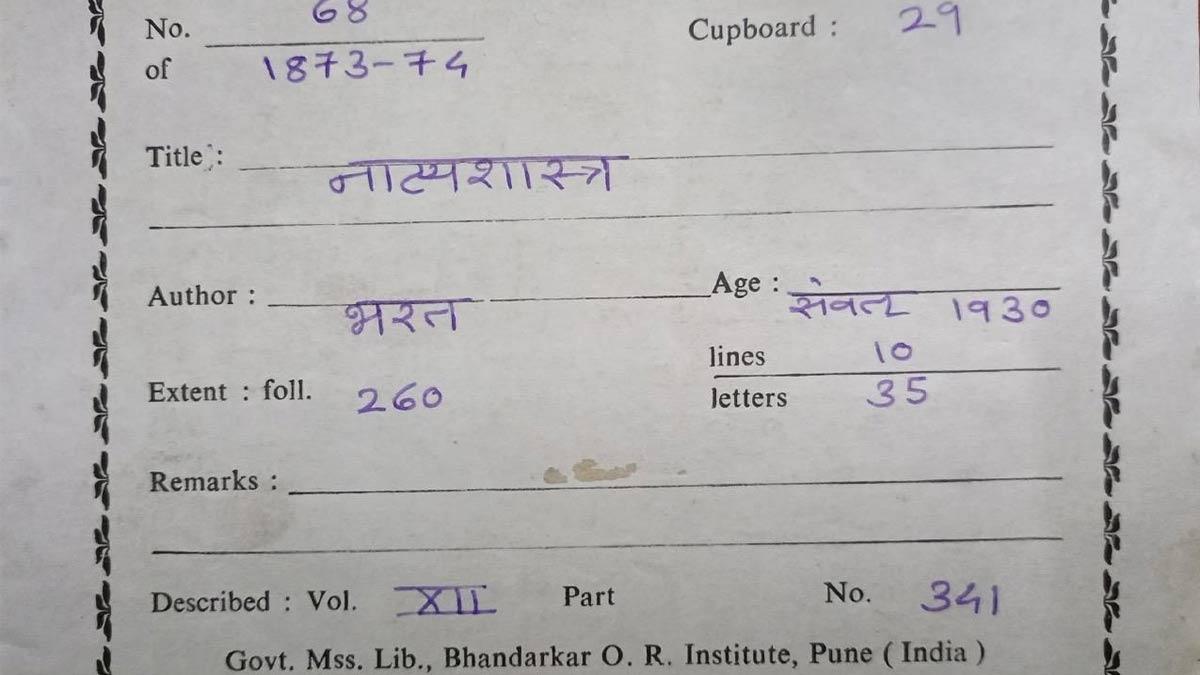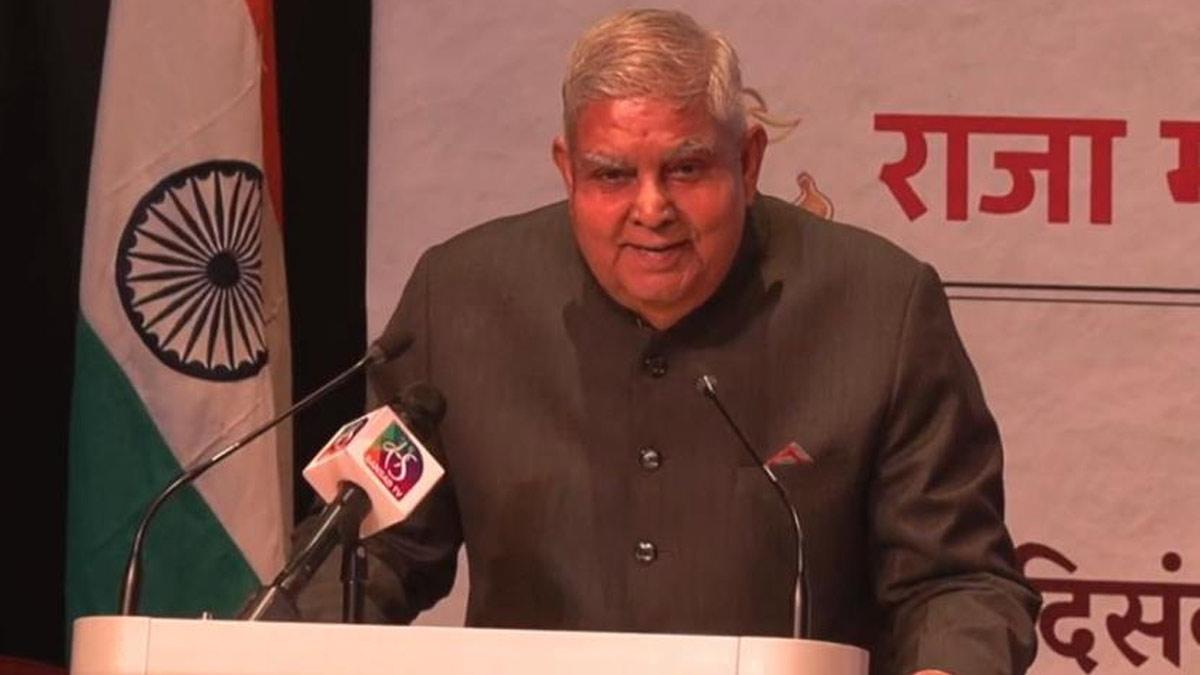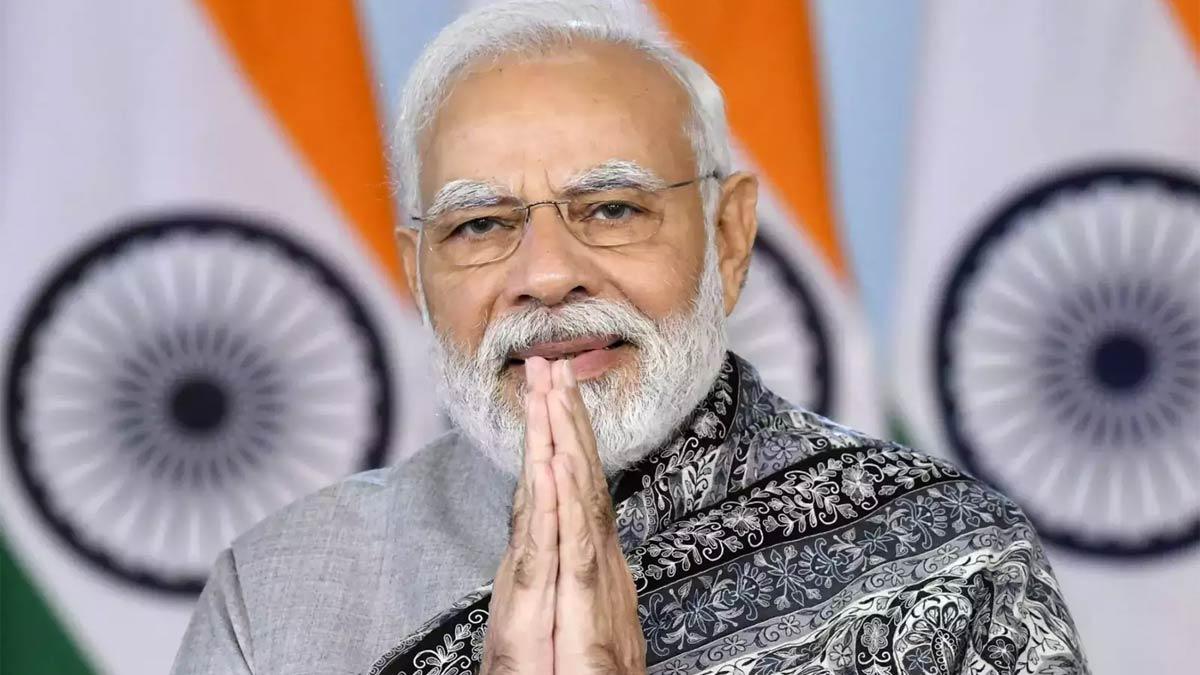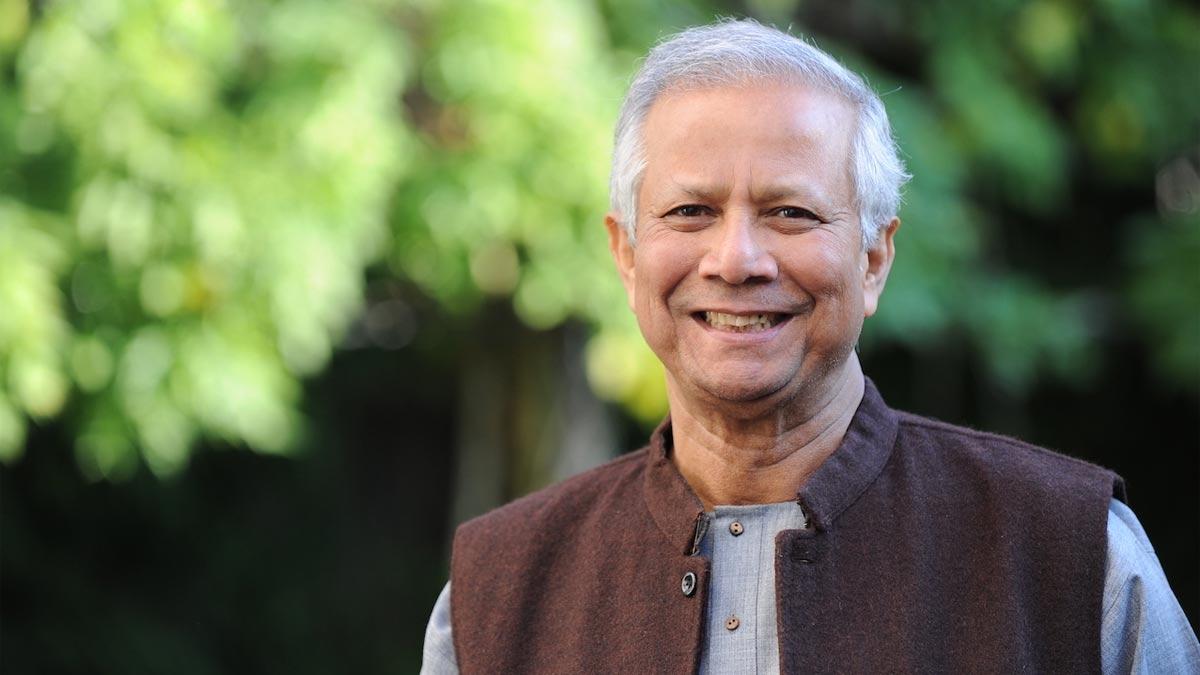The Allahabad High Court has clarified that individuals who choose to marry without parental consent cannot automatically demand police protection unless there exists a genuine threat to their safety and freedom.
This remark came as the court heard an appeal by a couple seeking refuge from their relatives. Justice Saurabh Srivastava, while pronouncing on the writ petition presented by Shreya Kesarwani and her husband, pointed out that although courts could intervene in cases of genuine danger, couples otherwise should "learn to support each other and confront society."
Following an examination of the claims in the petition, the court did not find any significant evidence of risk to the couple and therefore decided to reject the writ. The judge cited the Supreme Court's ruling in Lata Singh vs. State of UP and another, which described how courts should not be sought for protection by those who merely elope in order to get married against the desire of their families. There is no need of passing any order for extending police protection to them," the court observed.
The bench also said there was no concrete reason to presume the petitioners' life or liberty was in danger. "There is not even an iota of evidence to evince that private respondents (relatives of either of the petitioners) are likely to cause physical or mental assault to the petitioners," it stated.
Further, the couple had also not made a formal complaint or filed a specific application before local police asking for an FIR against the alleged impropriety on the part of their relatives. Even then, the court recognized that a representation had already been made to the Superintendent of Police in Chitrakoot. It declared, "In case the concerned police find a real threat perception, they will do the needful in accordance with law."
Emphasizing that legal means are still available if anyone tries to harm or harass the couple, the court concluded protection cannot be asserted as a fundamental right in such cases. Disposing of the petition in its order dated April 4, the court reiterated that police security should only be provided on the basis of actual and verifiable threats.
Read also| VP Vance’s India Visit Marks Key Moment to Assess Bilateral Ties: MEA

